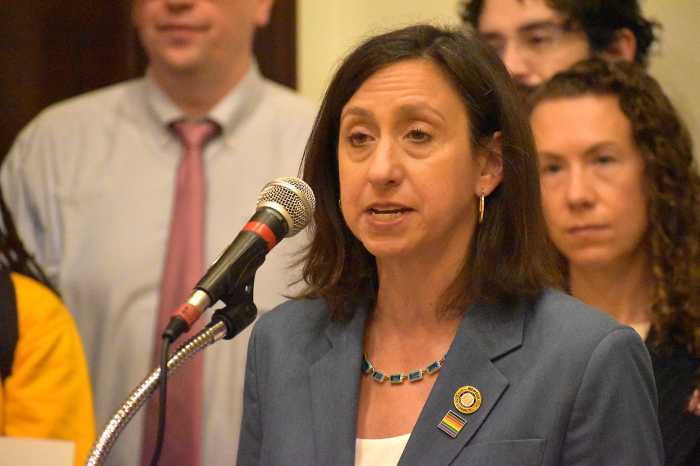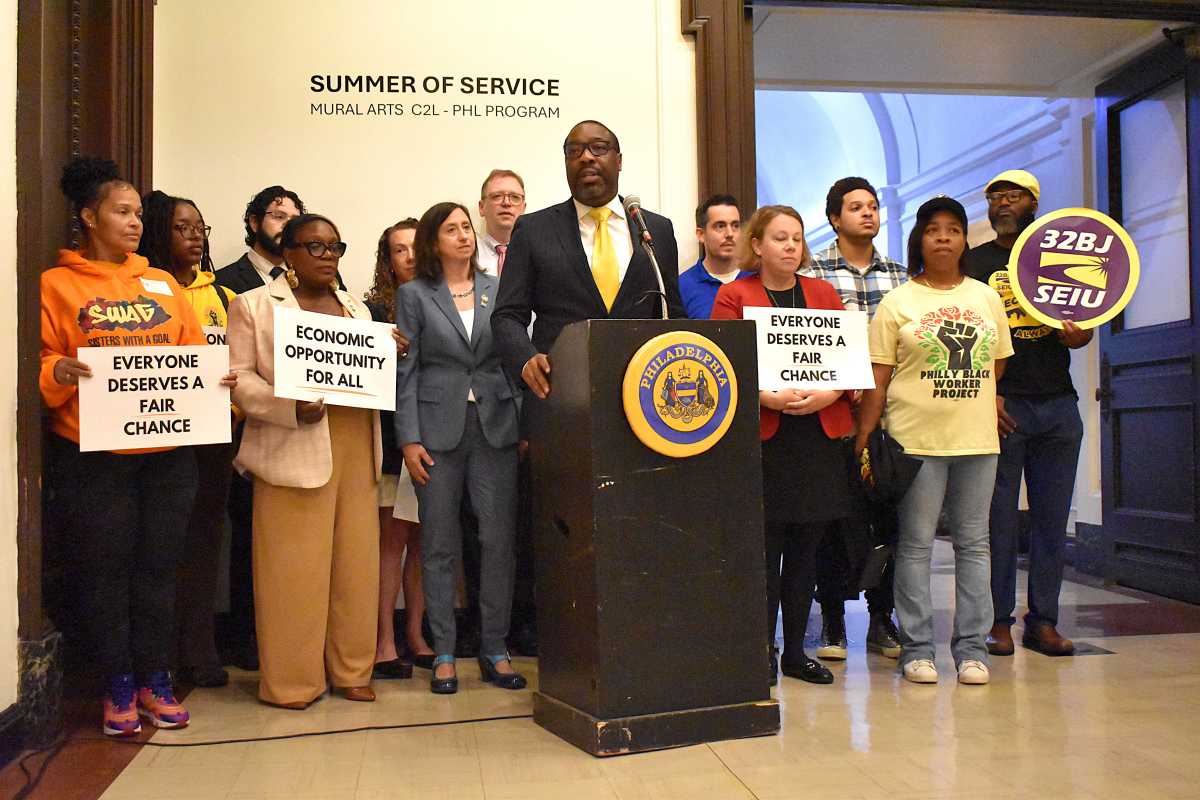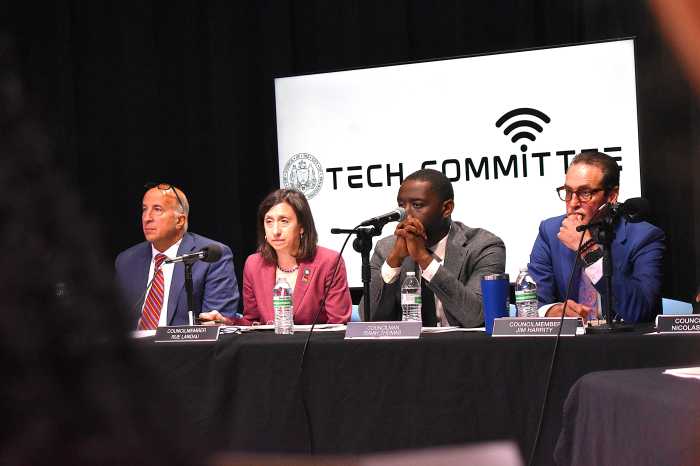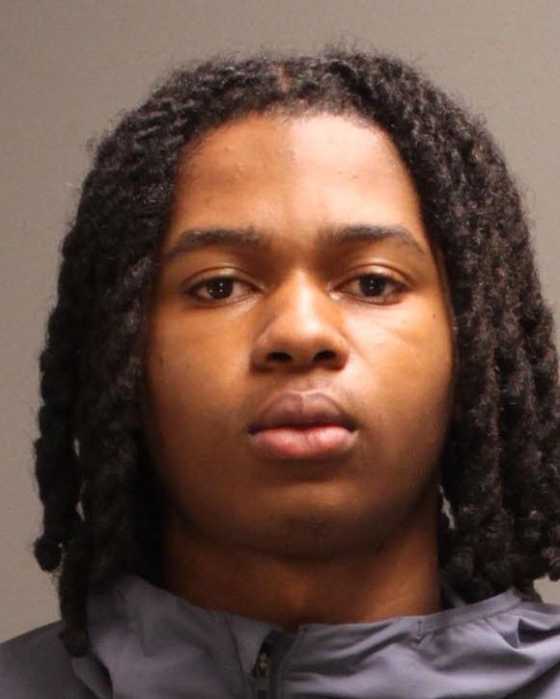City Council approved legislation Thursday that is designed to strengthen regulations governing when employers can deny a job opportunity to an applicant solely based on the person’s criminal record.
The bill builds on the city’s landmark Fair Criminal Record Screening Standards law, also known as “Ban the Box,” which was passed nearly 15 years ago. Philadelphia was among the first cities in the nation to prohibit private businesses from asking about an individual’s criminal history during the application process.
Background checks can be conducted after a job is offered. Under the current version of the law, the offer can only be rescinded if the search uncovers a relevant conviction or period of incarceration over the past seven years.
The measure adopted Thursday, sponsored by Councilmember Rue Landau, reduces that lookback window to four years for misdemeanor convictions.
Summary offenses – low-level crimes usually resolved with a citation and fine – can no longer be considered at all, which brings the city’s policy in line with similar state regulations, Landau said.
Convictions that have been expunged or sealed sometimes show up in third-party checks or a search of state driving records. Under the new law, a prospective employee would be given the chance to show proof that the offense has been expunged or sealed before losing the job.
The measure also requires employers to provide notice of the law when withdrawing an offer; specifies opportunities for the jobseeker to rebut the claims; and incorporates an anti-retaliation clause for those exercising their rights under “Ban the Box,” among other provisions.
One in four Philadelphians, or more than 300,000 people, have a criminal record of some kind, according to information provided by Landau’s office.
“They carry the weight of a past mistake that follows them through their search for resources, for housing and for employment throughout Philadelphia,” Landau said Thursday. “And today, we are going to make this weight a little easier.”

Adele Williams said that, in her work for Why Not Prosper, a Germantown-based organization for formerly incarcerated women, she has witnessed many individuals being let go without explanation shortly after a business received the background check results. Landau and her team said the legislation was written to close those loopholes.
“Not having a job sometimes resorts you back to what you used to do,” added Williams, who spent time behind bars herself. “We don’t want to do that. We want to change.
“We did what we did. We served our time. So give us a chance to show that we’re better than what we used to be.”
Lawmakers passed the bill in a unanimous vote. Council President Kenyatta Johnson, during a news conference organized by Landau prior to the vote, recalled how a judge sentenced him to probation – instead of detention – following a juvenile gun charge.
“I am the epitome of what supporting individuals who deserve a second chance looks like,” he commented. “Had that judge said, ‘You know what, this person doesn’t deserve a second chance,’ I definitely wouldn’t be standing in front of you today as a City Council president.”
Before Thursday, the Fair Criminal Record Screen Standards statute, sometimes referred to as the Fair Chances Hiring law, had been updated a handful of times, primarily to boost protections for formerly incarcerated residents.

Landau introduced the latest legislation in April, and it was amended multiple times, in collaboration with stakeholders like Community Legal Services and the Chamber of Commerce for Greater Philadelphia.
“This bill evolved in ways that protect workers while still remaining practical for employers to implement,” said Nikki Pumphrey, the chamber’s vice president for talent and workforce. “That balance is what turns policy into real outcomes.”
Wash Cycle Laundry, a Center City-based company, specializes in hiring people attempting to overcome incarceration, homelessness and other barriers.
“Criminal records, at least in my experience, have been basically irrelevant,” Gabriel Mandujano, the firm’s founder and CEO, said. “We just haven’t found in practice that there’s an association or correlation between somebody’s record and their performance in the business.”






























